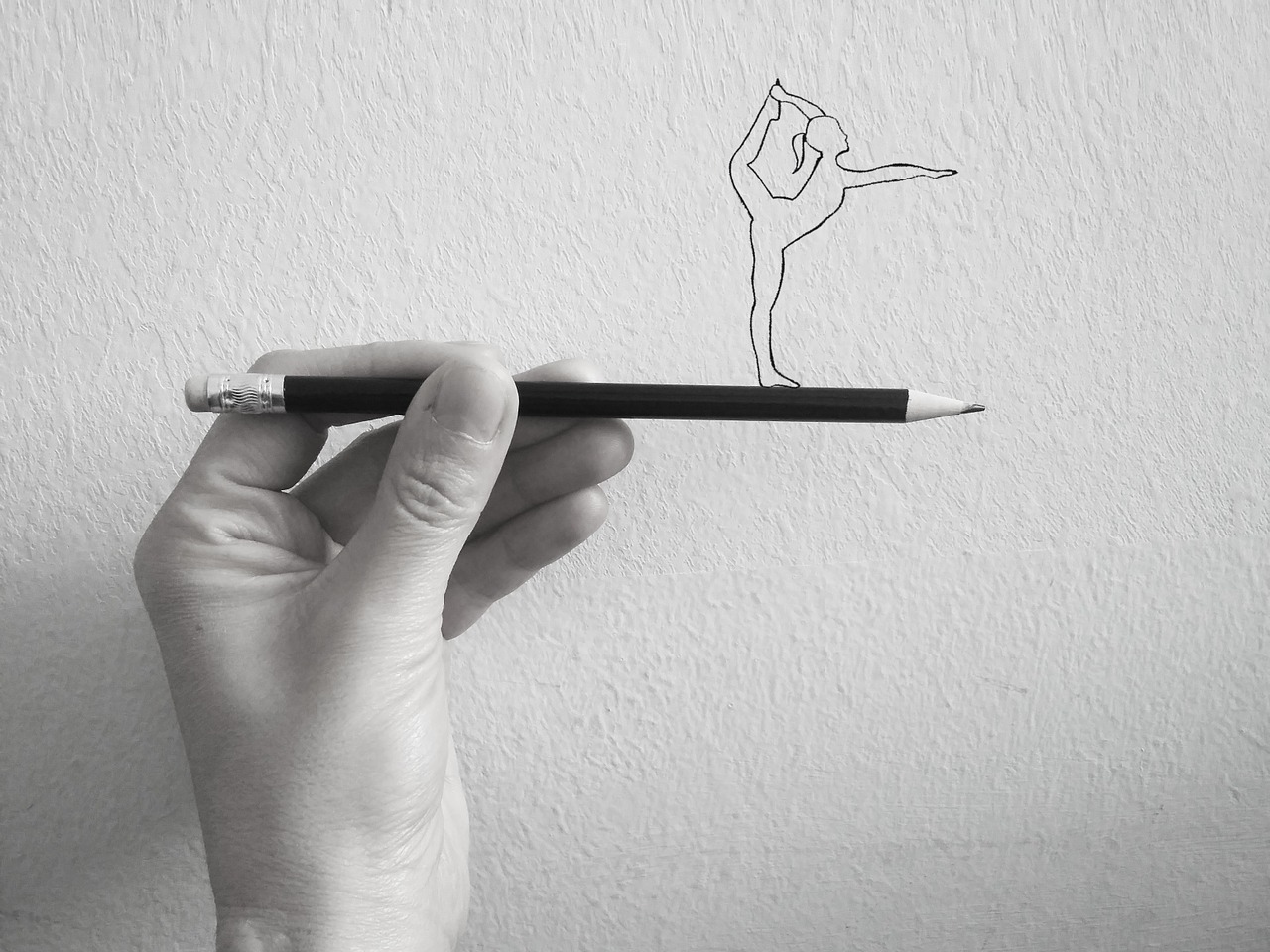
“The funny thing about writing is that whether you’re doing it well or you’re doing it poorly, it looks the exact same. That is actually one of the main ways that writing is different from ballet dancing.” – John Green
If you’re an indie author and either have, or are considering self-publishing, then let me borrow a few minutes of your time to tell you why I think investing in a good editor is important.
I’ve read many books over the years and I’m by no means an expert in the field of writing, but I have noticed reoccurring patterns and feelings. Particularly feelings of disappointment and confusion when a book I’ve been reading has fallen flat or the characters have just acted bizarrely for no apparent reason, and yes I have fallen into this trap too.
As a writer and author, I know how difficult it is to come up with compelling, yet realistic ideas that make sense for your story. When I was writing my first published book Anomaly, which I rewrote dozens of times with the help of a couple of editors, I found that in later rewrites my mind had become so saturated with my story that I could no longer decide whether my writing and ideas were good, or if they were just plain terrible. I experienced feelings of panic and anxiety for weeks and months, even after I finished the book and it went off for publication. In fact, the earliest versions of Anomaly bear very little resemblance to what I eventually wrote and published in 2016.
During my many rewrites of Anomaly, I completely removed certain characters, changed the plot and storyline multiple times, and even scrapped an entire finished version of Anomaly and started it again. The title also changed a lot too. I was only able to do this because I had a keen and talented editor who pointed out potential problems to me that I had been unable to spot myself, and as much as I could have asked friends and family, they would have probably been too polite to point out these problems and/or lacking in the necessary training to spot them.
This appears to happen to everyone no matter how much experience they may have. John Green, who is a famous YA author, said that when writing his popular novel The Fault In Our Stars, his original ending was different from the ending that was eventually published. We all know the heart breaking, tender ending to The Fault In Our Stars today, and if you haven’t read the book you’ll just have to take my word for it, but one of the original endings that John Green wrote featured the mafia and two main characters being caught in a literal crossfire. An ending I would still love to read if I could, but I agree with his editors, it probably wasn’t the best or most realistic ending for The Fault In Our Stars.
I’ve come across authors who have insinuated or openly stated that they don’t know why their books aren’t selling, even though they have tried everything to market their work. In many cases, I have felt the same disappointment, frustration or dissatisfaction whilst reading their work and even though their ideas and concepts may have been good; their execution has unfortunately, fallen short. This seems to happen most often with authors who decide not to seek out the help of an editor and self-publish their work regardless. On saying that, I know that different editors will have different and often, contradictory opinions with regards to your work, and that some rare breeds of authors are able to write and self-publish brilliant books without any outside editorial help. However, for the majority of us, we do need an editor and another set of eyes to evaluate our work during the writing process.
Editors are so important, they are there to guide your work so that you have the freedom to express your writing voice but also so that the reader will be happy and hooked by your story. Editors will usually start by doing a structural edit which will look at your story and point out areas that don’t seem to fit, are redundant, or don’t make any sense at all. During this process you will be able to look at these areas and decide whether you wish to delete them completely or rewrite them. You may end up rewriting your story several times during this stage. It is important to note that you don’t have to accept all the suggestions that your editor makes, but remember that the editor is there to help you improve your work.
The next stages are copy-editing and proofreading, this is where grammatical errors and inconsistencies will be addressed. These stages will not look to change the direction of the story, but will improve your writing and hopefully get rid of all potential typos and minor errors. You may also want to consider a line editor, who will focus on the literary language you use in order to convey your story to your potential readers.
If you are looking for an editor, make sure you know the difference between the different types of editors that are available. A copy-editor is not a structural-editor and a line-editor is not a proofreader, so consider carefully who you wish to hire and what editorial skills your work is likely to require. Do not confuse editors with ghost-writers, they won’t write your story for you, they will just try to help you make your story the best possible version of that story it can possibly be. This doesn’t mean it will automatically become a bestseller just because you’ve hired an editor, but it should mean that readers will find fewer issues with your work. You can find out more about editors and the many roles they have in the reference section below.
References:
http://nerdist.com/the-writers-panel-298-john-green/
https://www.youtube.com/watch?v=bJpaoELLhAM&feature=youtu.be
http://nybookeditors.com/2015/01/copyediting-vs-line-editing/